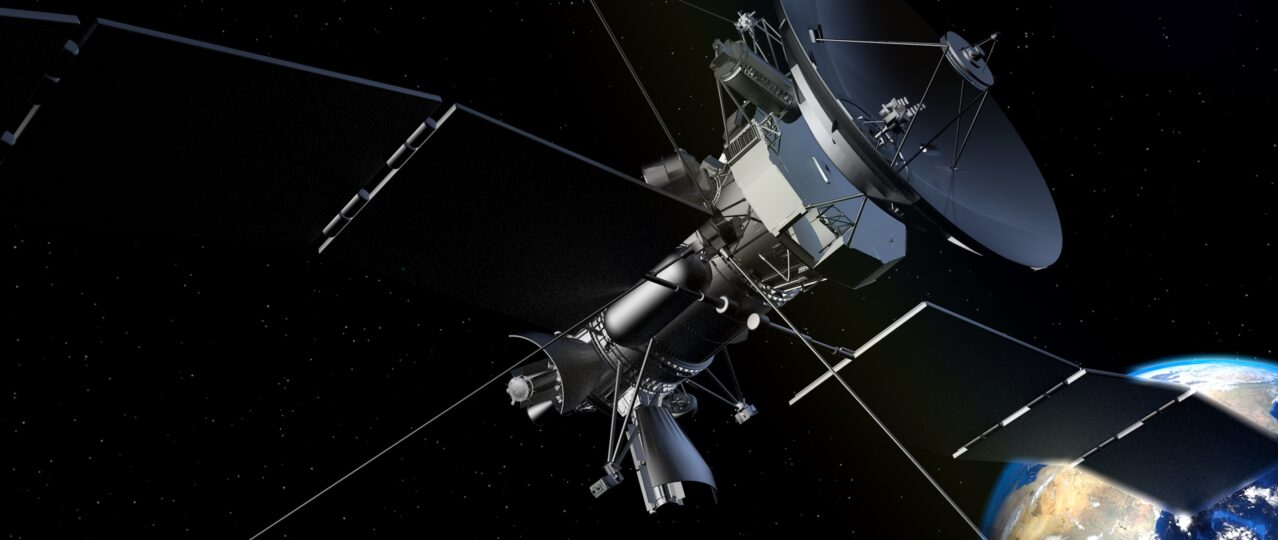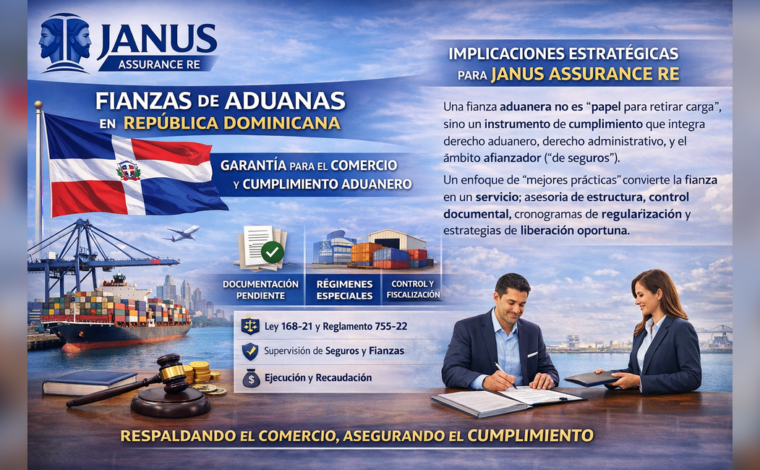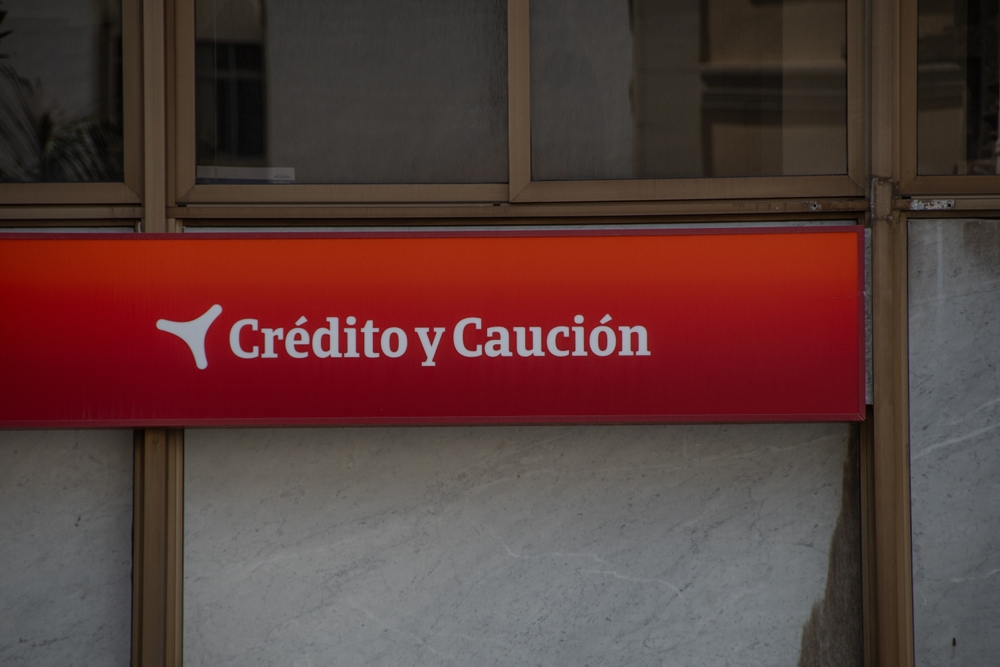The Federal Communications Commission (FCC) imposes a specific surety bond obligation on space station licensees operating in both geostationary satellite orbit (GSO) and non-geostationary satellite orbit (NGSO). The requirement, codified in 47 C.F.R. §25.165, applies to most space station licenses granted after September 20, 2004. The policy goal is to ensure that licensees meet their construction, launch, and operational milestones or face a financial penalty, thereby discouraging speculative or “spectrum warehousing” practices. By requiring the bond early in the license term, the FCC places a tangible financial stake on timely deployment, reinforcing the integrity of the satellite licensing process. The regulation mandates that licensees post the surety bond within strict timeframes. For most GSO and NGSO licenses, the bond must be filed within 30 days of the license grant date. An exception exists for licenses issued under the streamlined small satellite processes found in §§ 25.122 and 25.123; in those cases, the filing deadline extends to one year plus 30 days from the date of grant. Failure to post the bond within the prescribed period results in automatic nullification of the license without further Commission action. This strict enforcement mechanism ensures that compliance is not a matter of agency discretion but a regulatory certainty.
The FCC’s rules prescribe different bond calculation formulas for GSO and NGSO licensees. For GSO operators, the bond amount is calculated as one million dollars plus two million dollars multiplied by a ratio in which the numerator is “D” and the denominator is 1,827. “D” represents the lesser of 1,827 days or the actual number of days elapsed from the license grant date to the date of license surrender. For NGSO operators, the calculation is one million dollars plus four million dollars multiplied by a ratio where “D” is the lesser of 2,192 days or the days from grant to surrender, with the result rounded to the nearest $10,000 in both cases. These formulas link the potential financial exposure directly to the license term and elapsed time, increasing the bond amount proportionally as the license ages. In instances where a license authorizes a satellite system that includes both GSO and NGSO components operating in the same frequency bands, the FCC applies the NGSO formula. This ensures that the more stringent of the two financial requirements governs the combined system, reflecting the greater deployment complexity and spectrum management considerations inherent in multi-orbit operations.
The regulation also defines the characteristics of acceptable surety bonds and eligible sureties. Only surety companies acceptable under 31 U.S.C. § 9304, those appearing on the Department of the Treasury’s circular of approved sureties (the “T-List”) may issue these bonds. The bond must designate the U.S. Treasury as the beneficiary (obligee). A complete and executed copy of the bond, including all terms and conditions, must be submitted to the FCC for review. Upon default, the surety bond is enforceable and the proceeds are recoverable by the federal government without procedural obstacles.
Default under the bond occurs if a licensee surrenders its license before meeting the applicable milestone requirements set out in § 25.164, or if the licensee fails to meet those milestones absent an FCC-recognized justification. Milestones generally include critical construction and launch deadlines intended to verify that the licensee is actively developing and deploying the space station. Upon default, the surety is obligated to remit the bond proceeds to the U.S. Treasury, thereby imposing a tangible financial loss on the licensee or its underwriters. Relief from the bond obligation is available when the FCC issues a finding that the licensee has met the applicable milestones. Upon such a determination, the obligation is discharged and the bond may be cancelled or released. This mechanism balances the deterrent effect of the requirement with recognition that compliance merits the removal of financial encumbrances.
Certain categories of space station licenses are exempt from the § 25.165 bond requirement. These include replacement space stations, which the regulation defines as satellites deployed to assume the functions of an existing station at or near its orbital location (within ±0.15° for GSO) or in the same orbit for NGSO systems, using the same frequency bands and coverage area. To qualify as a replacement, the new station must be launched before or within a reasonable time after the retirement of the station it replaces. By exempting such replacements, the FCC avoids imposing redundant bonding requirements on licensees that have already demonstrated operational capability and commitment to service continuity.
The regulation also addresses coordination filings with the International Telecommunication Union (ITU). Any applicant that submits a Coordination Request or Appendix 30B filing to the ITU, either directly or through the FCC, must post a separate $500,000 surety bond meeting the same surety and beneficiary requirements. This bond must be filed within 30 days of the public notice announcing the filing, and failure to comply renders the application defective. Default under this provision occurs if the applicant fails to submit a complete license application within two years of the public notice. This specialized bond ensures that applicants who seek ITU coordination are financially committed to following through with a full FCC application and eventual system deployment.
From a policy perspective, the FCC’s GSO and NGSO surety bond requirements serve several important functions. They discourage speculative applications aimed solely at reserving orbital slots or frequency rights without intent to deploy. By imposing a substantial initial bond amount and increasing that amount proportionally over time, the regulation incentivizes licensees to either proceed with deployment or relinquish the license early, when financial exposure is lower. Second, the rules establish a clear, enforceable pathway for the FCC to recapture bond proceeds in cases of non-compliance, which can be particularly important where spectrum resources are scarce and highly valuable. Finally, the exemptions and relief provisions balance deterrence with fairness, ensuring that operational licensees are not burdened unnecessarily once they have fulfilled their regulatory obligations. These bond requirements also contribute to administrative efficiency. Uniform deadlines, standardized calculation formulas, and clear criteria for eligible sureties and bond forms allow the FCC to process filings consistently and to enforce compliance without lengthy adjudication. The structure of the requirement, i.e., tying bond amounts to elapsed days and license milestones reduces the administrative burden on both the agency and the licensees by arriving as close to “automatic” as possible.
The FCC’s GSO and NGSO surety bond framework under §25.165 is a carefully designed regulatory mechanism that integrates financial accountability into the satellite licensing process. It protects the public interest by ensuring that orbital and spectrum resources are deployed for active service, not hoarded for speculative purposes. It provides clarity and predictability to licensees, aligns with international coordination obligations, and creates a strong incentive for timely performance. While the financial requirements are significant, they are proportionate to the value of the spectrum rights and orbital resources at stake, and they are balanced by provisions that relieve compliant licensees of their obligations once milestones are met. The result is a system that advances the FCC’s dual objectives of promoting the efficient use of spectrum and ensuring reliable, timely deployment of space-based communications infrastructure.
~ C. Constantin Poindexter, MA, JD, CPCU, AFSB, ASLI, ARe
References
- 47 C.F.R. § 25.165 – Surety bonds.
- 47 C.F.R. § 25.164 – Milestone requirements.
- 47 C.F.R. § 25.122 – Application processing for small satellites.
- 47 C.F.R. § 25.123 – Application processing for small spacecraft.
- 31 U.S.C. § 9304 – Surety corporations; authorized companies.
- Federal Communications Commission, Comprehensive Review of Licensing and Operating Rules for Satellite Services, 81 Fed. Reg. 55316 (Aug. 18, 2016).












































